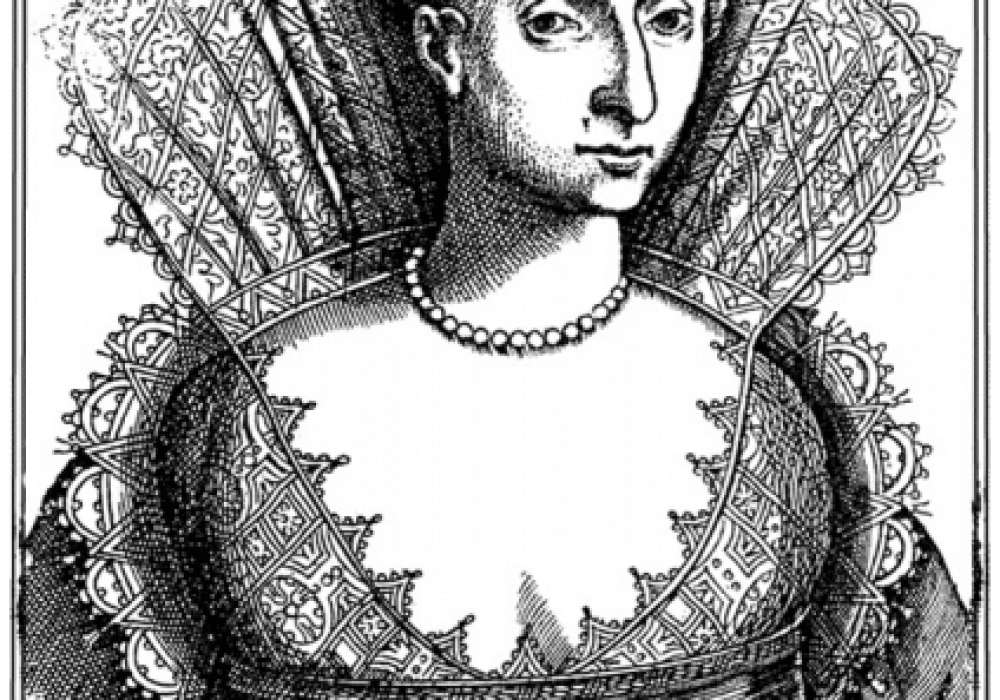2020 Summer Webinar Series on “Reason and Beauty in Renaissance Christian Thought and Culture”
What do reason and beauty have to do with each other? Since the modern Enlightenment and Romantic movements, it has been tempting to see reason and beauty as separate or even opposed. In the Renaissance, however, rational and artistic pursuits bloomed together and even fed each other. Renaissance culture, including fine art, poetry, architecture, astronomy, and humanistic thought, both drew upon and extended ancient and medieval Christian intellectual traditions. This webinar course will examine different aspects of renaissance Christian thought and culture to explore how pursuits of reason interwove with the love of beauty.
This event is cosponsored by the Beatrice Institute, Calvert House, the Genealogies of Modernity Project, the Harvard Catholic Center, the Nova Forum for Catholic Thought, and St. Paul’s Catholic Center.

